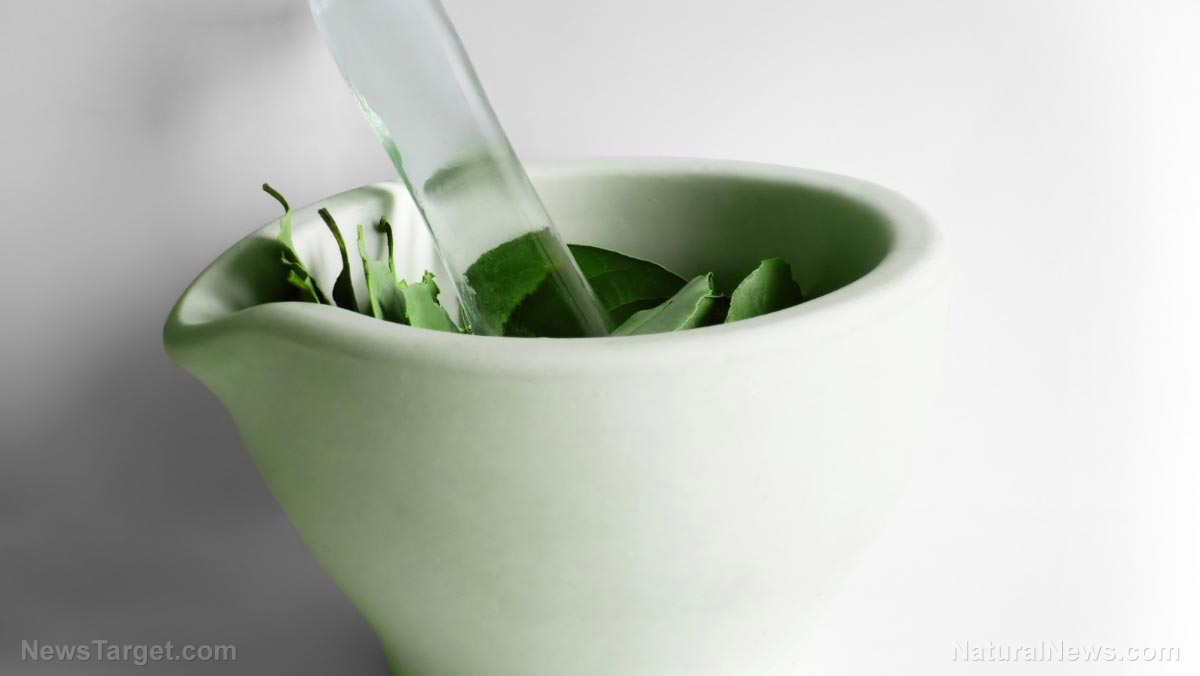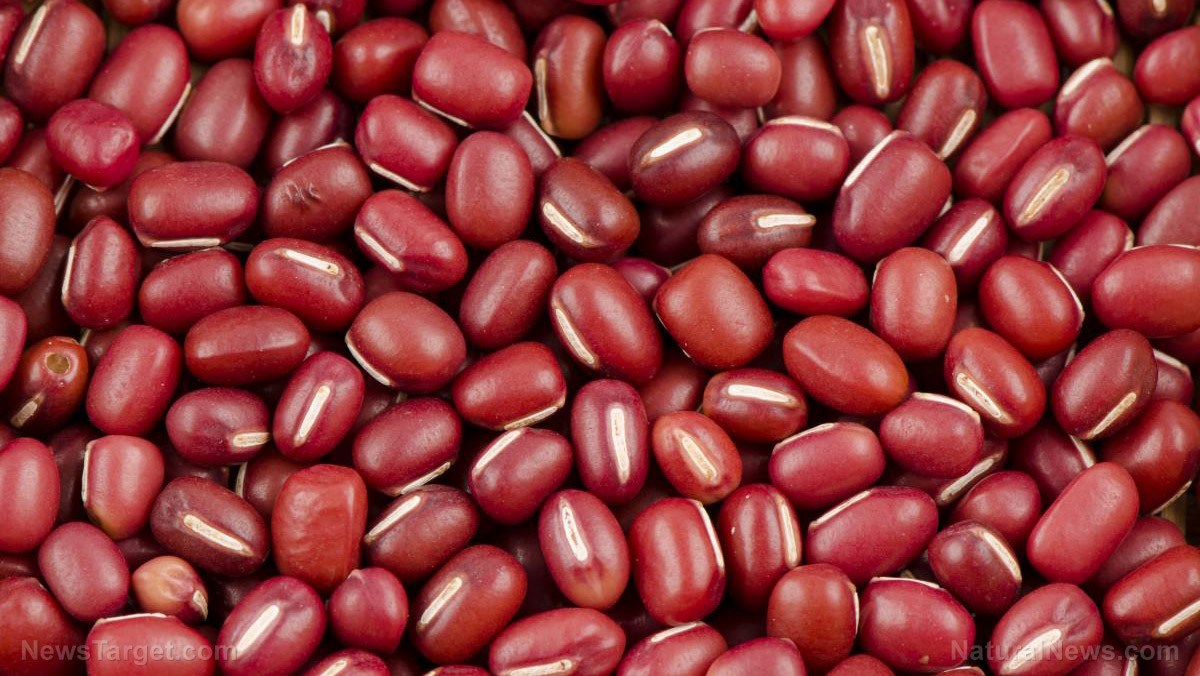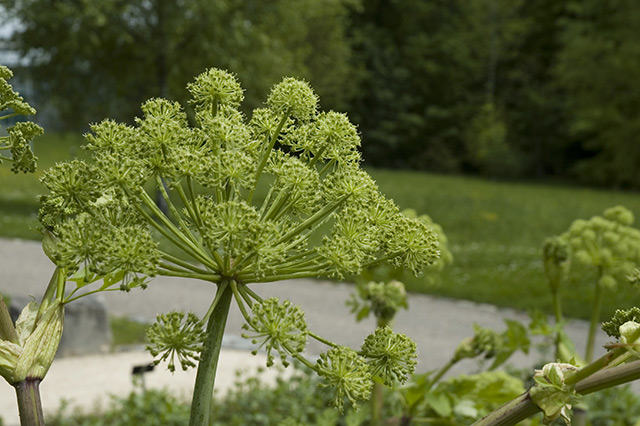Vitamin C: A potential game-changer in cancer treatment
05/26/2025 / By Belle Carter

- Vitamin C, or ascorbic acid (C6H8O6), is a vital nutrient that humans cannot synthesize and must obtain through diet. It was first identified as the “antiscorbutic factor” in citrus fruits and its structure was determined by Albert Szent-Gyorgyi in 1928, earning him a Nobel Prize.
- Vitamin C is crucial for collagen synthesis and neurotransmitter functions. As a potent antioxidant, it protects cells from oxidative stress caused by free radicals, which are linked to aging and various diseases, including cancer.
- High doses of Vitamin C, particularly when administered intravenously, have shown promise in targeting cancer cells. Cancer cells absorb Vitamin C due to its structural similarity to glucose, leading to the generation of hydrogen peroxide and subsequent cancer cell death.
- Studies, such as those by Cameron and his associates, have demonstrated that high-dose intravenous Vitamin C can lead to tumor regression and improved survival rates in cancer patients. Oral intake is less effective as it does not raise plasma concentrations to levels necessary for anti-cancer effects.
- While generally safe, high doses of Vitamin C can cause minor side effects like diarrhea and nausea, which usually subside with dose reduction. It can also enhance iron absorption, requiring caution in patients with conditions like hemochromatosis.
The book “Vitamin C: Indispensable Nutrient in Our Health and Its Therapeutic Potential in Cancer” by M. Waheed Roomi, Aleksandra Niedzwiecki and Matthias Rath delves into the multifaceted role of Vitamin C in human health and its emerging potential as a therapeutic agent in cancer treatment.
This work comes at a time when the medical community is increasingly looking for innovative and less toxic approaches to cancer therapy. The authors, all respected researchers in the field of nutritional science and medicine, present compelling evidence that Vitamin C, long known for its role in preventing scurvy, could be a pivotal player in the fight against cancer.
Vitamin C, or ascorbic acid, is a water-soluble vitamin with the chemical formula C6H8O6. It is an essential nutrient, meaning humans, along with guinea pigs and some primates, cannot synthesize it and must obtain it through diet. This vitamin is abundant in fruits and vegetables, particularly citrus fruits, strawberries, bell peppers and broccoli. Its discovery is a testament to scientific perseverance; it was first identified as the “antiscorbutic factor” in citrus fruits and its structure was determined in 1928 by Hungarian scientist Albert Szent-Gyorgyi, who was awarded a Nobel Prize for his work.
At the cellular level, Vitamin C is involved in numerous biochemical reactions, including collagen synthesis and neurotransmitter functions. It is a potent antioxidant, protecting cells from damage caused by free radicals, which are unstable molecules that contribute to oxidative stress, a process linked to aging and various diseases, including cancer.
The therapeutic potential of Vitamin C in cancer treatment is a subject of growing interest and research. The idea was first proposed in 1952 by Dr. William McCormick and since then, numerous studies have investigated how high doses of Vitamin C can selectively target cancer cells while leaving healthy cells unharmed.
Cancer cells have a unique metabolism; they consume large amounts of glucose and convert it to lactic acid, even in the presence of oxygen. Vitamin C, due to its structural similarity to glucose, is readily absorbed by cancer cells. Once inside, it generates hydrogen peroxide, which cancer cells struggle to neutralize because they lack the enzyme catalase. This leads to oxidative stress and, ultimately, cancer cell death.
The clinical applications of Vitamin C in cancer treatment are promising. Studies have shown that high doses of intravenous Vitamin C can lead to tumor regression and improved survival rates in cancer patients. For instance, a study conducted by Cameron and his associates in Scotland found that terminal cancer patients who received high doses of Vitamin C survived significantly longer than those who did not.
Dr. Roomi, one of the authors, emphasizes the importance of the mode of administration. “Oral intake of Vitamin C, even at large doses, doesn’t raise plasma concentrations to levels that are effective against cancer,” he states. “Intravenous administration, on the other hand, can achieve the necessary plasma concentrations to exert anti-cancer effects.”
While Vitamin C is generally safe, there are some considerations to keep in mind. High doses can cause minor adverse effects like diarrhea and nausea, but these usually subside when the dose is reduced. Additionally, Vitamin C can enhance iron absorption, so patients with conditions like hemochromatosis should be cautious.
The role of Vitamin C in health and disease, particularly in cancer treatment, is a fascinating and promising area of research. The evidence suggests that Vitamin C, especially when administered intravenously at high doses, can be a powerful tool in the fight against cancer.
Learn more about Vitamin C and its therapeutic potential in cancer by watching the video below.
This video is from the BrightLearn channel on Brighteon.com.
Sources include:
Submit a correction >>
Tagged Under:
#nutrition, Aleksandra Niedzwiecki, alternative medicine, anticancer, cancer, cancer cures, clean food, diet, food cures, food is medicine, healing, M. Waheed Roomi, Matthias Rath, natural cures, natural health, natural medicine, nutrients, traditional remedies, vitamin C, Vitamin C: Indispensable Nutrient in Our Health and Its Therapeutic Potential in Cance, vtamins
This article may contain statements that reflect the opinion of the author
RECENT NEWS & ARTICLES
COPYRIGHT © 2017 NATURAL MEDICINE NEWS



















